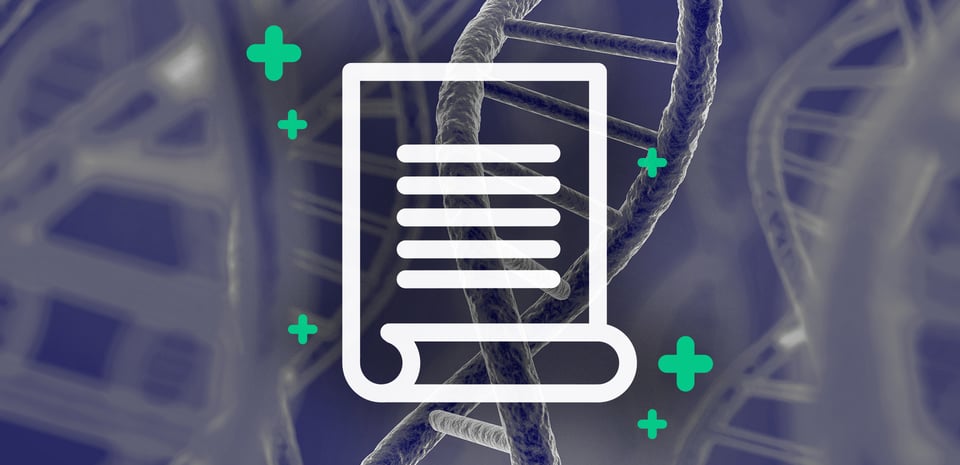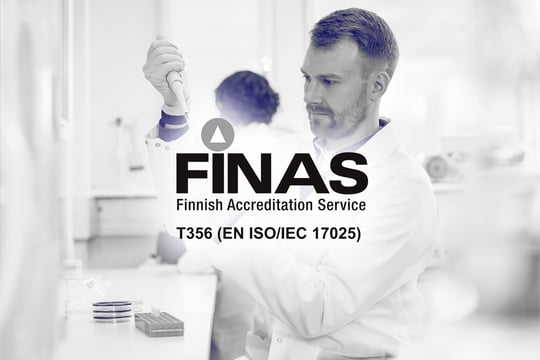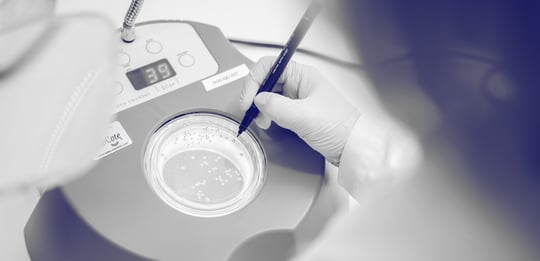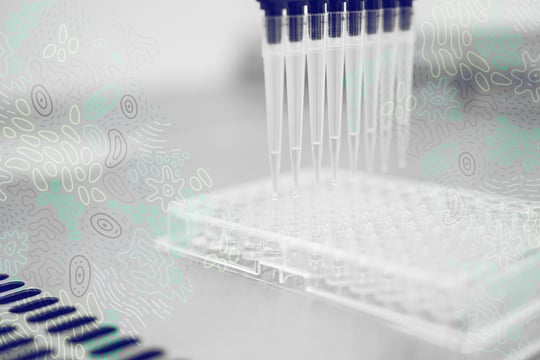
On 29 April 2021, the European Commission published a study on the status of new genomic techniques (NGTs) under European Union food safety regulation. The study took a stand on the European Court of Justice’s judgement ruling that only organisms obtained by means of mutagenesis are excluded from the scope of Directive 2001/18, meaning that organisms obtained using NGTs are considered as genetically modified organisms (GMOs). This has raised concerns since it is technically not possible to distinguish between products obtained by mutagenesis and NGTs.
Outcomes of the ECs study on new genomic techniques
The European Commission's study confirms that the current GMO legislation is problematic for the detection of NGT products that contain no foreign genetic material. It also points out that the European Food Safety Authority EFSA has not identified new hazards compared to both conventional breeding and established genomic techniques.
Importantly, the study confirms that there is considerable interest in research on new genomic techniques in the EU, but most of the development is taking place outside the EU. The current food safety regulation system will be an ongoing challenge if the focus will remain on the techniques used rather than the characteristics of the final product, and it could put EU operators at a competitive disadvantage.
Read the EC study on new genomic techniques »
Change in European GMO legislation is in the air
However, the views are split on whether the current legislation should be maintained, and its implementation reinforced, or should it rather be adapted to take account of scientific and technological progress, the level of risk of NGT products and the benefits to society.
The study concludes that any further policy actions should aim at enabling innovation and its benefits, while addressing concerns, such as ethical concerns and sustainability.
Biosafe is for ethical, progressive, and pragmatic NGT rules
Biosafe sees new genetic techniques as alternatives to conventional breeding and our view is that the focus should be on the safety and other characteristics of the final product rather than the technology. We share the concerns related to the negative effects of the regulatory framework on R&D and EU business operators. The humanitarian and ecological opportunities of genetic techniques, such as improved nutrient and water-use efficiency in plants, reduced use of plant protection products like pesticides, or effective development of microorganisms for bio-based industries, just to mention a few, should not be hindered by limiting the use of a specific technology. Risks should be evaluated based on the characteristics of the product while making sure the processes and outcomes are ethical and sustainable. We are looking forward to more permissive rules for NGTs and innovation overall.
We are your pathway to safer new food solutions










